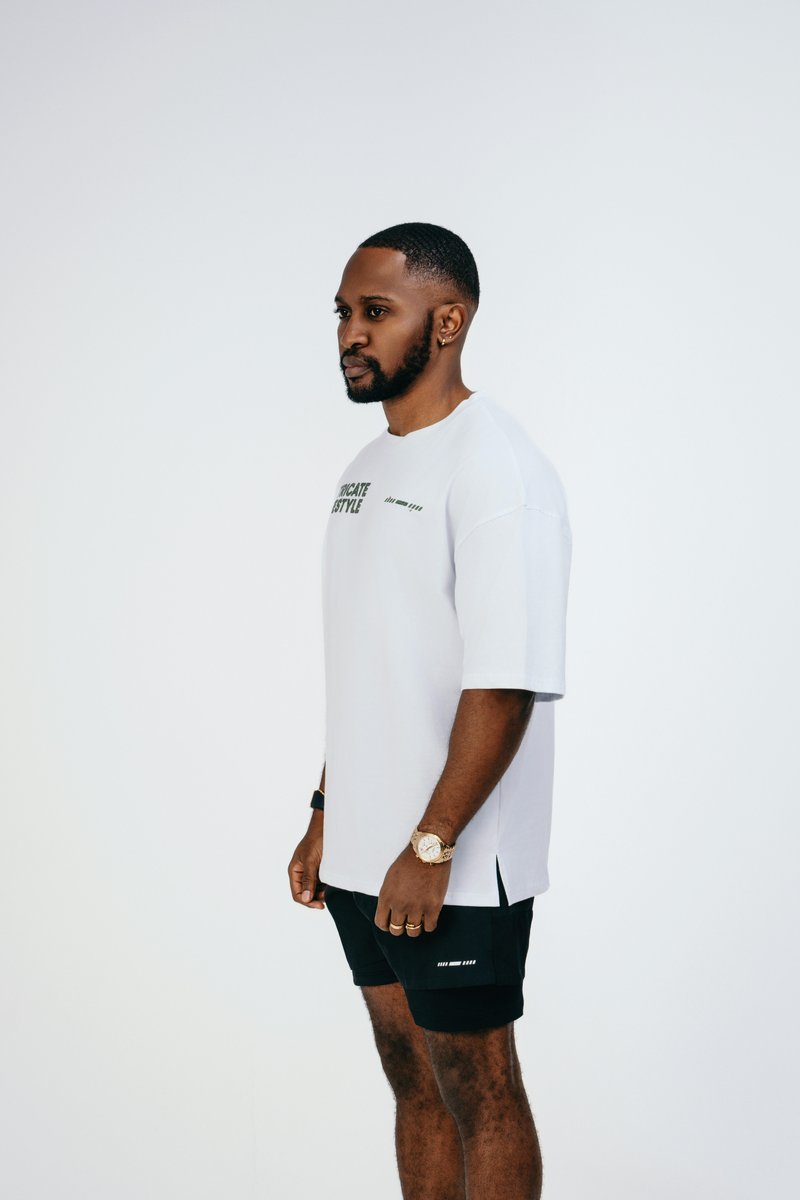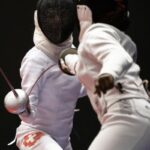Train Hard, Lose T? Can Overtraining Reduce Testosterone for Real?
If you’re a guy who goes hard in the gym, you’ve probably heard the phrase: “no pain, no gain.” But what if the pain is killing your gains—hormonally? If you’ve ever asked yourself, can overtraining reduce testosterone—you’re not just being paranoid. You’re being smart.
Testosterone is the fuel behind strength, sex drive, muscle, and confidence. And the truth is, pushing too hard for too long can sabotage the very thing you’re trying to build.
What Counts as Overtraining?
Overtraining happens when your body doesn’t get enough recovery between intense sessions. It’s not just physical fatigue—it’s hormonal burnout. Think of it like redlining your engine daily without an oil change.
Common Signs of Overtraining:
- Decreased libido and weak morning wood
- Constant soreness or joint pain
- Sluggishness and mood swings
- Poor sleep, irritability, or brain fog
- Plateauing or shrinking muscle mass
Yes, It’s Backed by Science
Studies show that chronic overtraining—especially with high volume and low rest—can lead to a significant drop in free testosterone levels. In some athletes, T levels dropped by over 30% after sustained overreaching.
Why It Hits Men Hard
Your endocrine system isn’t built for constant battle. Testosterone is highly sensitive to stress—whether it’s from heavy deadlifts, calorie restriction, or poor sleep. Combine all three? Your T tanks faster than you can finish a set.
This Isn’t About Laziness—It’s About Recovery
Rest doesn’t make you weak. It makes you dangerous. The guys who recover best are the ones who grow the most. Training is stress. Growth happens during recovery. Period.
How to Know If You’re at Risk
If you’re lifting six days a week, doing fasted cardio, sleeping less than 6 hours, and wondering why your libido vanished—you’ve got your answer.
Check This Before Blaming Age
A lot of men blame age when their energy dips or their sex drive crashes. But in many cases, it’s not age—it’s overtraining. Want proof? Check your schedule. Then check your wood. Morning erections are a natural T indicator.
Already Taking Pills?
If you’re trying male enhancement supplements, make sure you’re not shooting yourself in the foot with training habits. Read this first: Are Penis Pills Safe?
Testosterone 101: Why It Matters More Than You Think
T isn’t just about sex. It regulates muscle growth, fat distribution, mood, and recovery. When levels drop, everything feels off. You’re more tired, less motivated, and more prone to injuries and anxiety.
How Training Can Either Build or Break You
The right training schedule boosts testosterone. Compound lifts, heavy resistance, and rest periods help spike natural T. But too much volume, too little rest, and no deload weeks? That breaks you down instead of building you up.
The Cortisol Trap
Overtraining doesn’t just lower testosterone—it raises cortisol, your primary stress hormone. High cortisol directly suppresses T. It’s like trying to drive with one foot on the gas and the other on the brake. You go nowhere fast.
What the Studies Show
Research from the Journal of Strength and Conditioning shows that athletes who exceeded training capacity without recovery experienced not only performance decline—but testosterone suppression lasting several weeks.
The Sleep Connection
Did you know that most of your daily testosterone is produced while you sleep? That’s why late nights and early alarms kill your progress. If you’re training hard but sleeping 5–6 hours, you’re burning your hormones at both ends.
How to Train Smarter (Not Just Harder)
- Train 3–4x per week with intensity, not volume
- Include 1–2 rest days or active recovery days
- Sleep 7–9 hours consistently
- Take a deload week every 6–8 weeks
- Eat enough fat—testosterone is made from cholesterol
The Bedroom Warning Sign
One of the first signs of low T is weak erections or lower drive. If you’re grinding at the gym but fading in the bedroom, your body’s sending you a message. Pay attention.
Related: How to Measure Your Penis Correctly
If you’re tracking size, performance, or progress, start with accuracy. Don’t miss this guide: How to Measure Your Penis Correctly
Why “More” Isn’t Always Better
Fitness culture loves intensity—but most guys would grow faster training less. The obsession with more reps, more cardio, more grind leads to broken bodies and burnt-out hormones.
Testosterone thrives under strategic stress, not chaos. You want high intensity, short sessions, proper fuel, and total recovery. That’s how real men train—and keep their edge.
Don’t Confuse Fatigue with Progress
Feeling sore 24/7 doesn’t mean you’re growing. It means you’re not recovering. True progress shows up in strength, energy, and libido—not in constant pain or nap cravings.
How to Know It’s Time to Pull Back
- You’re weaker even though you’re training more
- Your erections are weaker or gone
- You feel anxious, foggy, or unmotivated
- You’re sleeping like crap and waking up tired
- You don’t even enjoy training anymore
Give Yourself Permission to Rest
High performers know when to push and when to pull. If you want to win long term, you need to master recovery. That means sleep, breathing, stretching, fuel, and time away from the weights. That’s not weakness. That’s wisdom.
Want to Boost T Naturally?
Train smart, sleep more, eat enough fat, and reduce stress. You can also add natural T-supporting compounds like:
- Vitamin D (if you’re low)
- Zinc and magnesium
- Ashwagandha (stress reduction)
- Boron (free T optimization)
Want a Bigger, Harder Edge Too?
If your testosterone is back online but you want to go further—more size, more performance, more stamina—check out this proven designed to unlock your full masculine potential.
The 7-Day Reset for Testosterone Recovery
Feeling like your T is tanked? Try this one-week protocol to reboot your system:
- Day 1-2: Full rest. No lifting. Light walks only.
- Day 3: Short, heavy workout (45 mins max). Focus on compound lifts.
- Day 4: Deep sleep focus. No screens after 9PM.
- Day 5: Refeed—eat above maintenance, especially healthy fats.
- Day 6: Active recovery + sunlight (vitamin D)
- Day 7: Repeat measurement of mood, libido, strength
This one week can reset your system, calm your nervous system, and allow testosterone to rebound naturally.
Still Feel Off? Get Tested
If your symptoms linger after recovery weeks, get a full hormone panel. Measure free testosterone, total testosterone, SHBG, cortisol, and vitamin D. Numbers don’t lie—and they give you a map to real solutions.
Common Myths About Overtraining and T
- “Only pro athletes overtrain” – False. Gym bros do it all the time.
- “If I’m sore, I’m growing” – Not always. Soreness ≠ gains.
- “Testosterone only drops from age” – False. Lifestyle is often the culprit.
- “I’ll bounce back next week” – Not if you don’t change your routine.
What Real Recovery Looks Like
You sleep deep. Wake up with morning wood. Your workouts feel strong, not like a grind. You’re clear, motivated, and your mood is stable. That’s what optimized testosterone feels like. And yes—you can get it back.
You’re Not Broken—You’re Just Burned Out
If your T is down, it doesn’t mean you’re broken. It means your body needs a break. Give it one. Then rebuild smarter, stronger, and harder—with tools that actually work.
Supremepenis.com: More Than Just Size
At , we don’t just talk about growth—we teach it. Not just physically, but mentally. If you want results that last, it starts with understanding your hormones, training smart, and taking full control of your performance.
Set the Standard. Don’t Settle.
Most men overtrain, under-recover, and wonder why they feel smaller, softer, or slower. Not you. Now you know the truth: training hard without recovery kills testosterone—and your edge. So rest like it matters. Because it does.
Here’s Your Move
Track your training. Prioritize sleep. Cut the stress. Fuel like a man. And if you’re ready to go beyond average—to build size, stamina, and power—start with this proven performance growth ritual trusted by men who take their edge seriously.
You’re Built to Win—If You Stop Breaking Yourself
The best version of you is already inside. Not in a pill. Not in a max-out set. In your recovery. In your mindset. In your commitment to doing things right. This isn’t just about hormones—it’s about living like you’re meant to: powerful, focused, and in control.
You’ve got the strength. Now build the strategy. Your testosterone depends on it—and so does your future performance.
 Inspired image about Can Overtraining Reduce Testosterone? The Hidden Risk No One Talks About – via supremepenis.com
Inspired image about Can Overtraining Reduce Testosterone? The Hidden Risk No One Talks About – via supremepenis.com







